elemintalshop
King George V 1 Cent Hong Kong Authentic Coin Money for Jewelry (Emperor of India) Chinese Characters (CONDITION Fine to Very Fine)
King George V 1 Cent Hong Kong Authentic Coin Money for Jewelry (Emperor of India) Chinese Characters (CONDITION Fine to Very Fine)
Couldn't load pickup availability
King George V 1 Cent Hong Kong Authentic Coin Money for Jewelry and Craft Making (Emperor of India) Chinese Characters (CONDITION Fine to Very Fine)
Obverse: Crowned bust facing left
Lettering: GEORGE V KING AND EMPEROR OF INDIA
Reverse: Chinese value within beaded circle, date lower right
Lettering: • HONG – KONG •
香
仙 • 一
港
ONE CENT
Translation: Hong Kong One Cent
Features
Issuer Hong Kong (China)
King George V (1910-1936)
Type Standard circulation coin
Years 1931-1934
Value 1 Cent (0.01 HKD)
Currency Dollar (1863-date)
Composition Bronze
Weight 3.94 g
Diameter 22 mm
Thickness 1.46 mm
Shape Round
Technique Milled
Orientation Medal alignment ↑↑
Demonetized Yes
Number N# 4723
References KM# 17
WIkipedia:
British Colony
In 1839, the Daoguang Emperor rejected proposals to legalise and tax opium and ordered imperial commissioner Lin Zexu to eradicate the opium trade. The commissioner destroyed opium stockpiles and halted all foreign trade, triggering a British military response and the First Opium War. The Qing surrendered early in the war and ceded Hong Kong Island in the Convention of Chuenpi. British force started controlling Hong Kong shortly after the signing of the convention, from 26 January 1841. However, both countries were dissatisfied and did not ratify the agreement. After more than a year of further hostilities, Hong Kong Island was formally ceded to the United Kingdom in the 1842 Treaty of Nanking.
Administrative infrastructure was quickly built by early 1842, but piracy, disease, and hostile Qing policies initially prevented the government from attracting commerce. Conditions on the island improved during the Taiping Rebellion in the 1850s, when many Chinese refugees, including wealthy merchants, fled mainland turbulence and settled in the colony. Further tensions between the British and Qing over the opium trade escalated into the Second Opium War. The Qing were again defeated and forced to give up Kowloon Peninsula and Stonecutters Island in the Convention of Peking. By the end of this war, Hong Kong had evolved from a transient colonial outpost into a major entrepôt. Rapid economic improvement during the 1850s attracted foreign investment, as potential stakeholders became more confident in Hong Kong's future.
The colony was further expanded in 1898 when Britain obtained a 99-year lease of the New Territories. The University of Hong Kong was established in 1911 as the territory's first institution of higher education. Kai Tak Airport began operation in 1924, and the colony avoided a prolonged economic downturn after the 1925–26 Canton–Hong Kong strike. At the start of the Second Sino-Japanese War in 1937, Governor Geoffry Northcote declared Hong Kong a neutral zone to safeguard its status as a free port. The colonial government prepared for a possible attack, evacuating all British women and children in 1940. The Imperial Japanese Army attacked Hong Kong on 8 December 1941, the same morning as its attack on Pearl Harbor. Hong Kong was occupied by Japan for almost four years before Britain resumed control on 30 August 1945.
********
George V (George Frederick Ernest Albert; 3 June 1865 – 20 January 1936) was King of the United Kingdom and the British Dominions, and Emperor of India, from 6 May 1910 until his death in 1936.
Born during the reign of his grandmother Queen Victoria, George was third in the line of succession behind his father, Prince Albert Edward, and his own elder brother, Prince Albert Victor. From 1877 to 1892, George served in the Royal Navy, until the unexpected death of his elder brother in early 1892 put him directly in line for the throne. On the death of Victoria in 1901, George's father ascended the throne as Edward VII, and George was created Prince of Wales. He became king-emperor on his father's death in 1910.
George V's reign saw the rise of socialism, communism, fascism, Irish republicanism, and the Indian independence movement, all of which radically changed the political landscape of the British Empire. The Parliament Act 1911 established the supremacy of the elected British House of Commons over the unelected House of Lords. As a result of the First World War (1914–1918), the empires of his first cousins Nicholas II of Russia and Wilhelm II of Germany fell, while the British Empire expanded to its greatest effective extent. In 1917, George became the first monarch of the House of Windsor, which he renamed from the House of Saxe-Coburg and Gotha as a result of anti-German public sentiment.
In 1924 he appointed the first Labour ministry and in 1931 the Statute of Westminster recognised the dominions of the Empire as separate, independent states within the British Commonwealth of Nations. He had smoking-related health problems throughout much of his later reign and at his death was succeeded by his eldest son, Edward VIII.
Share
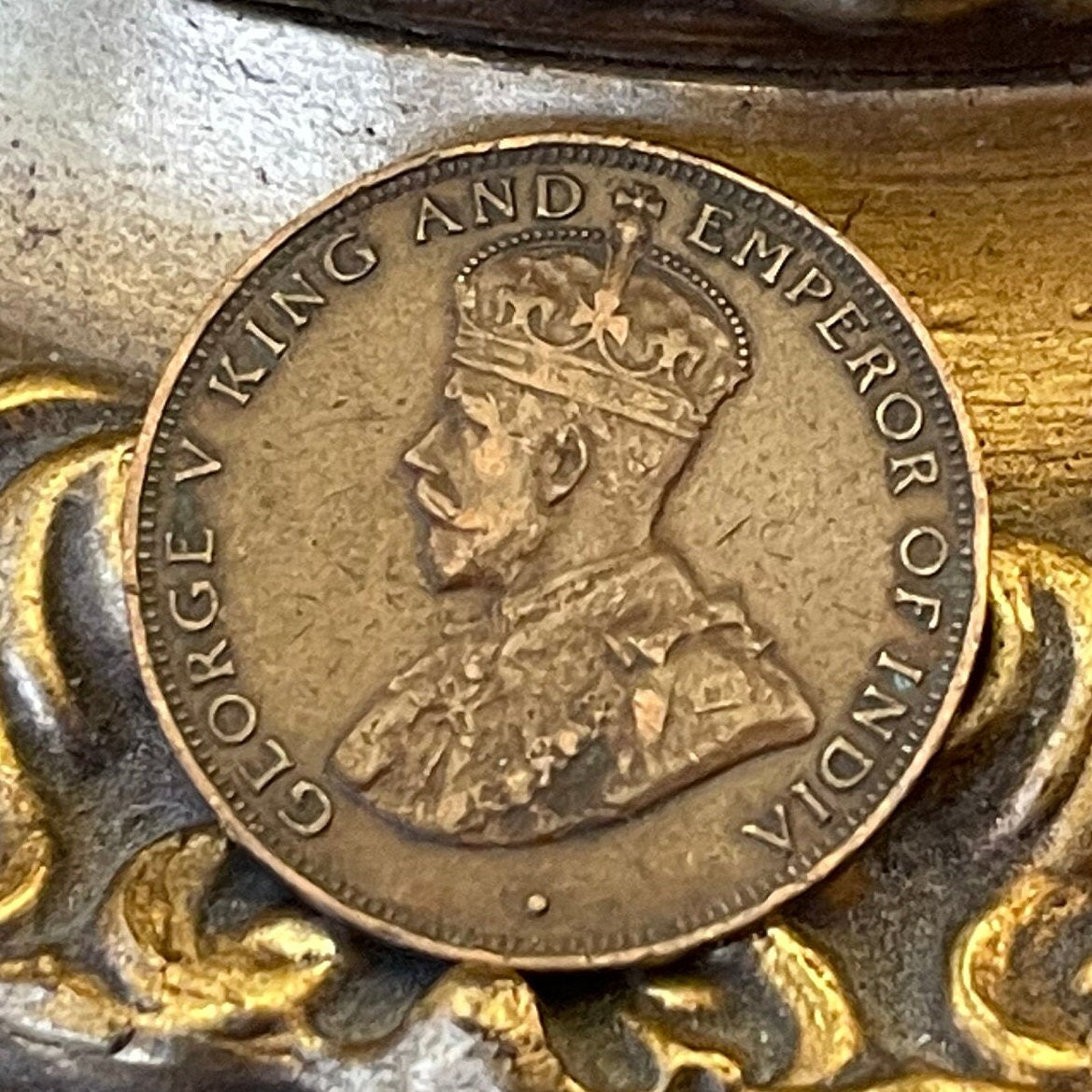
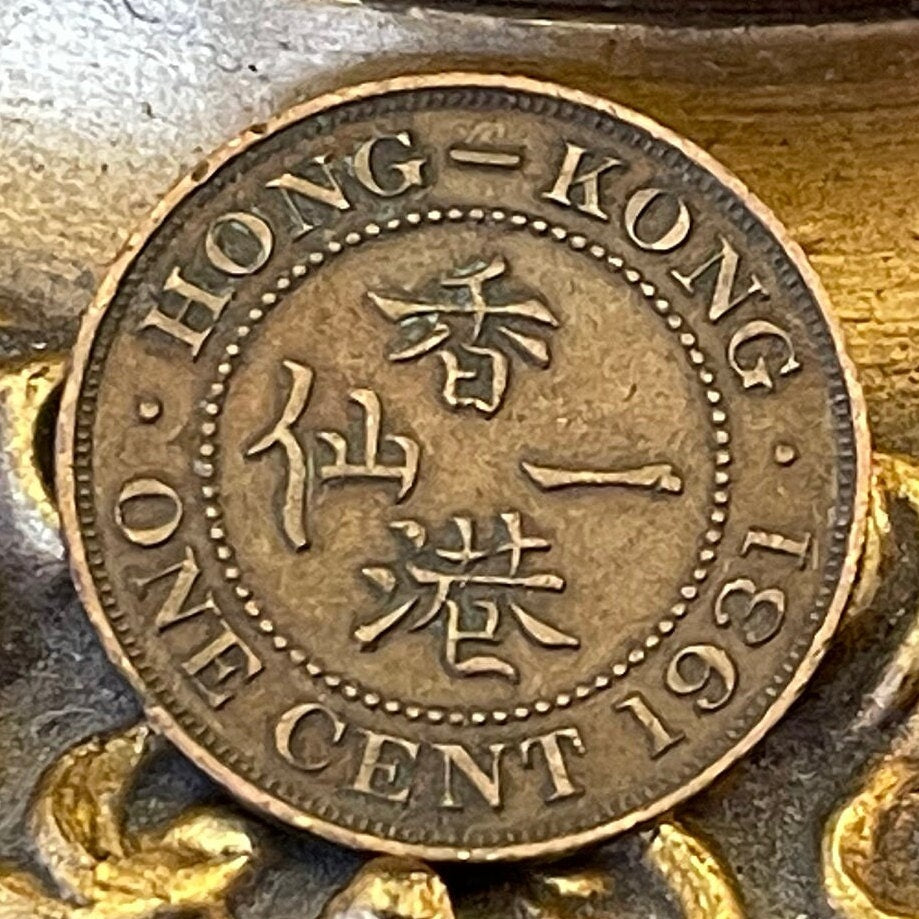
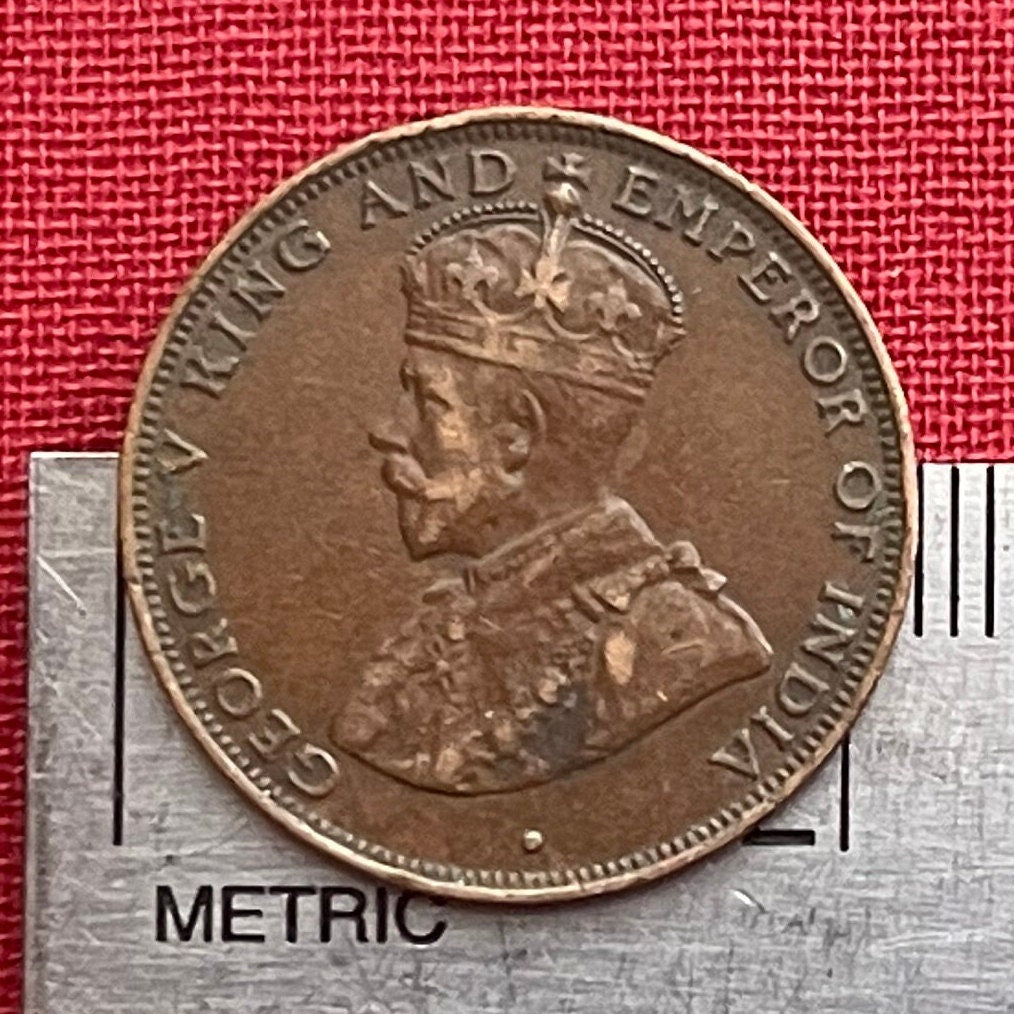
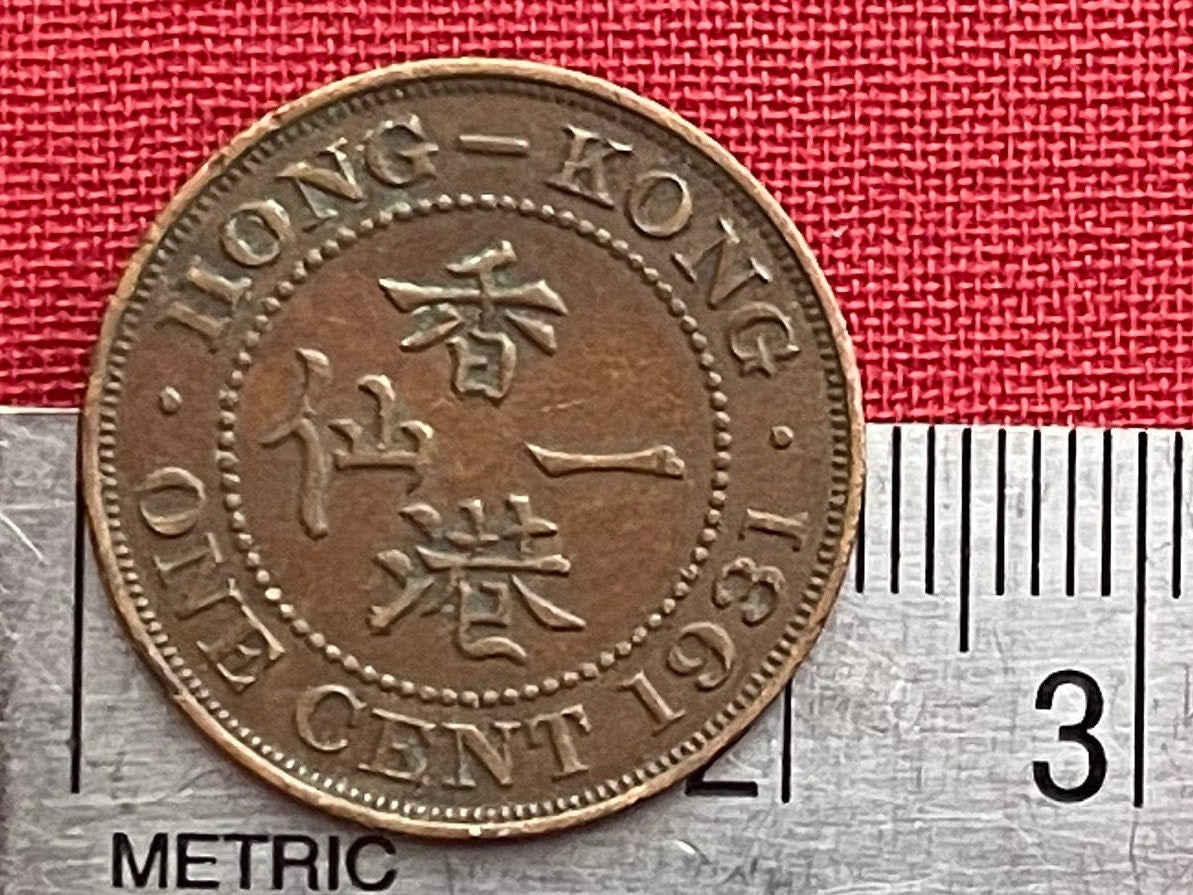
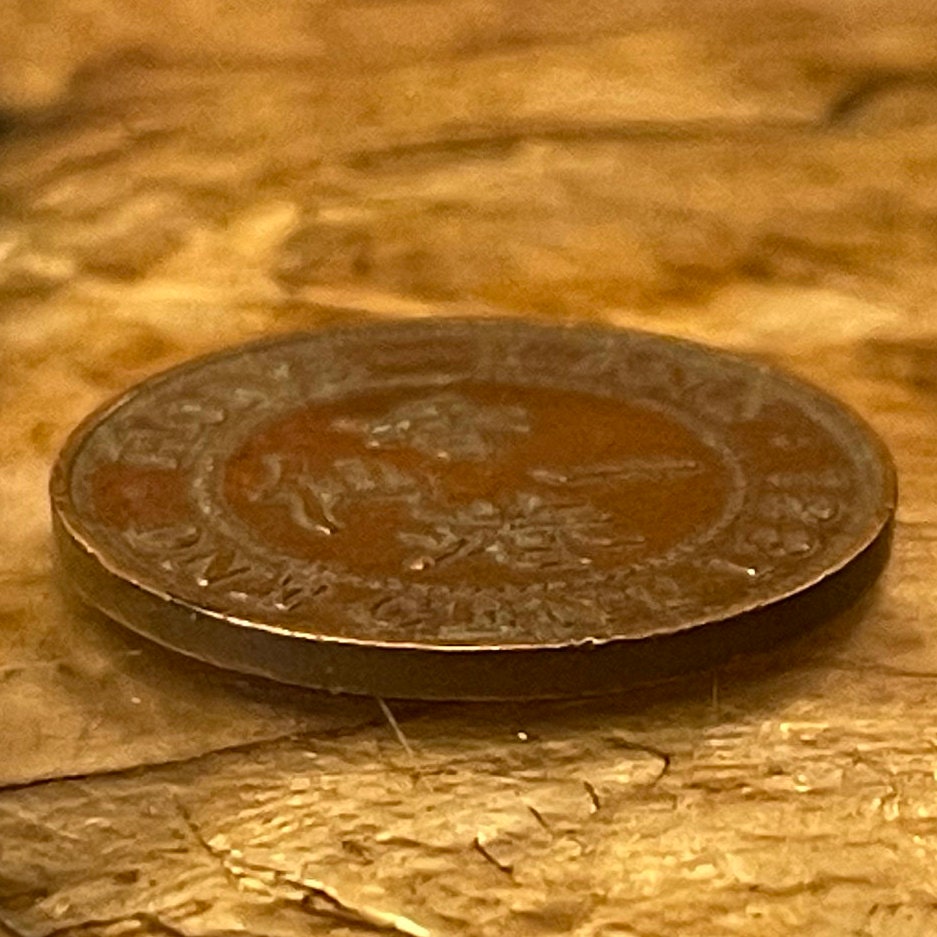
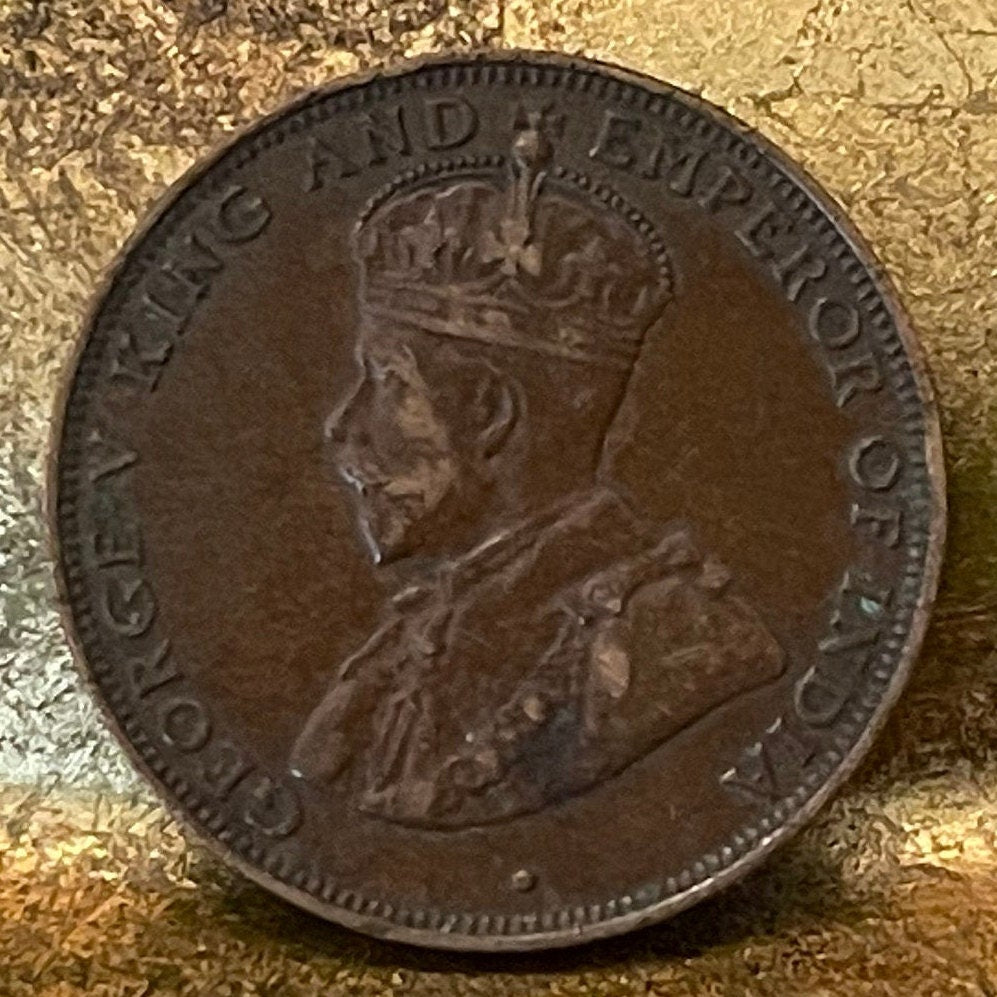
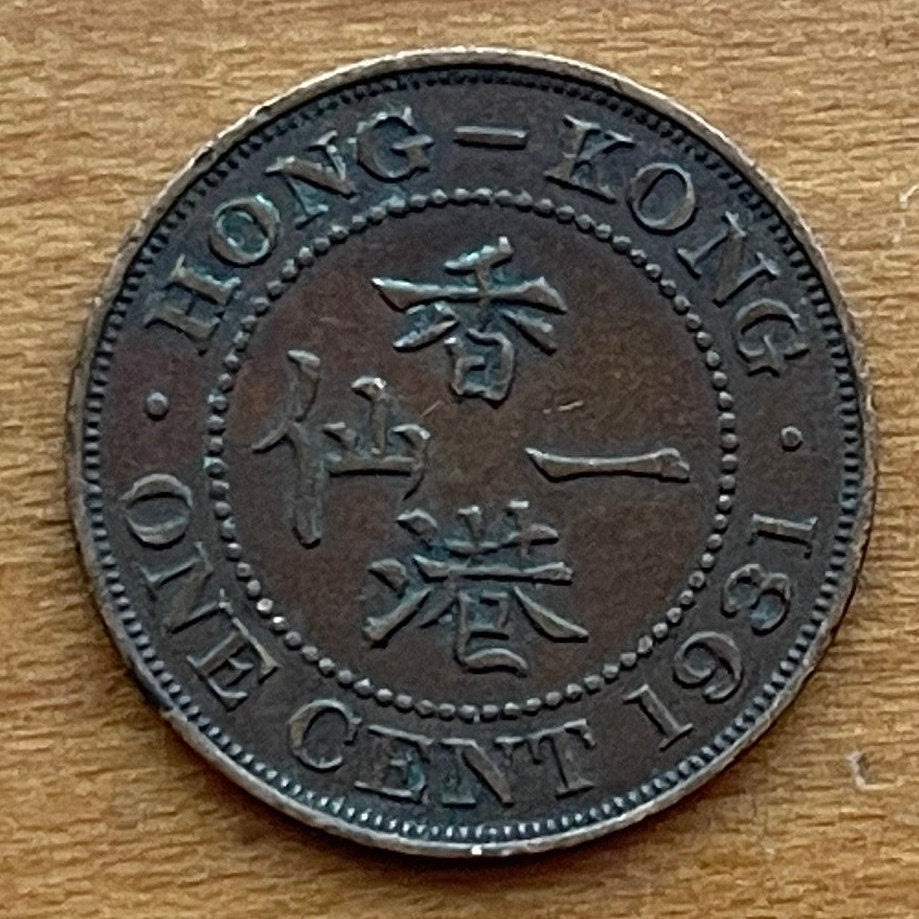
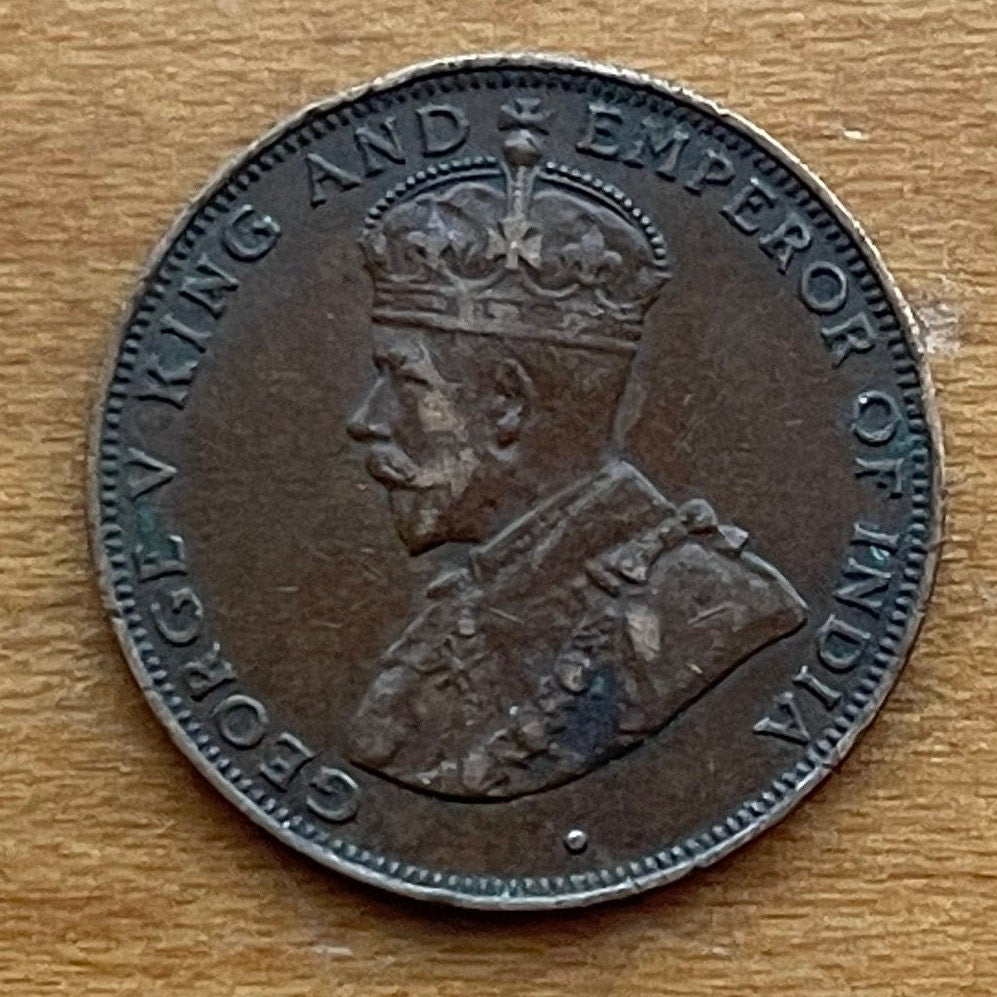
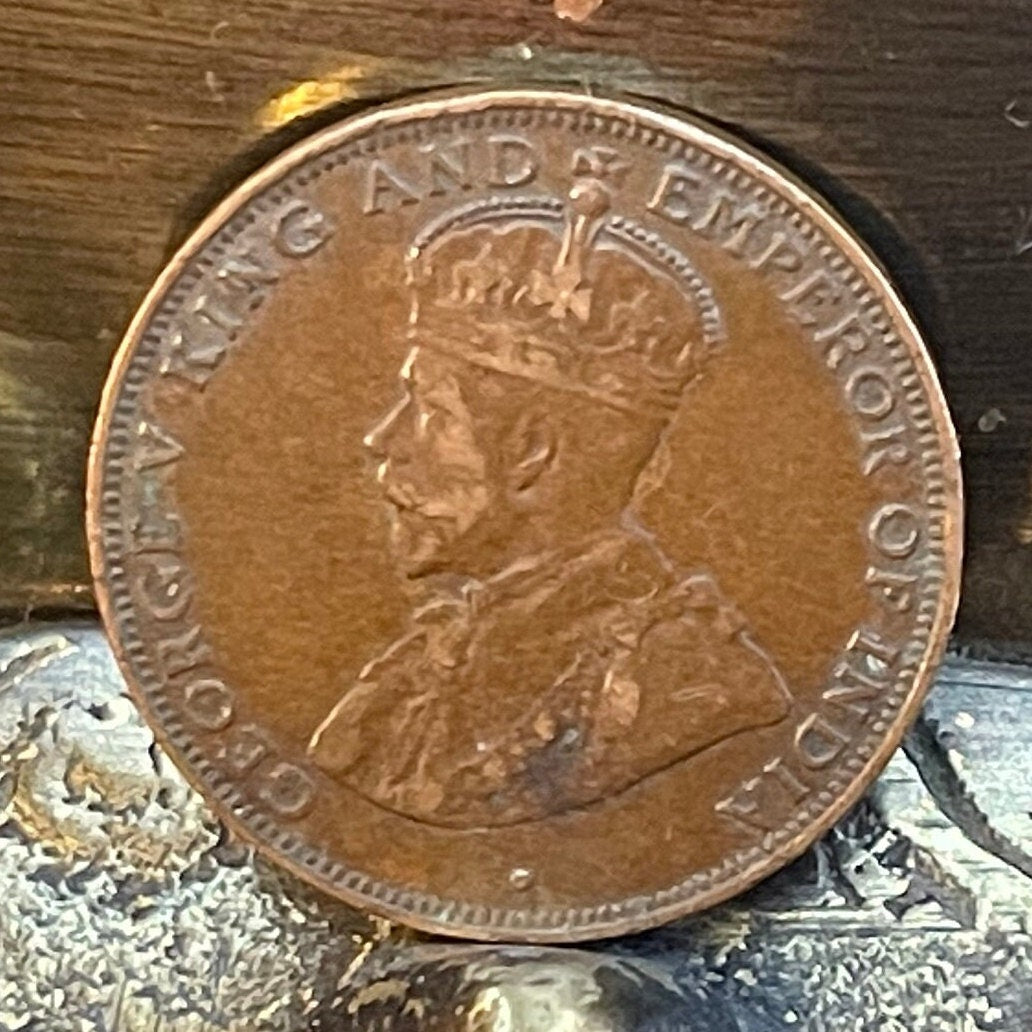
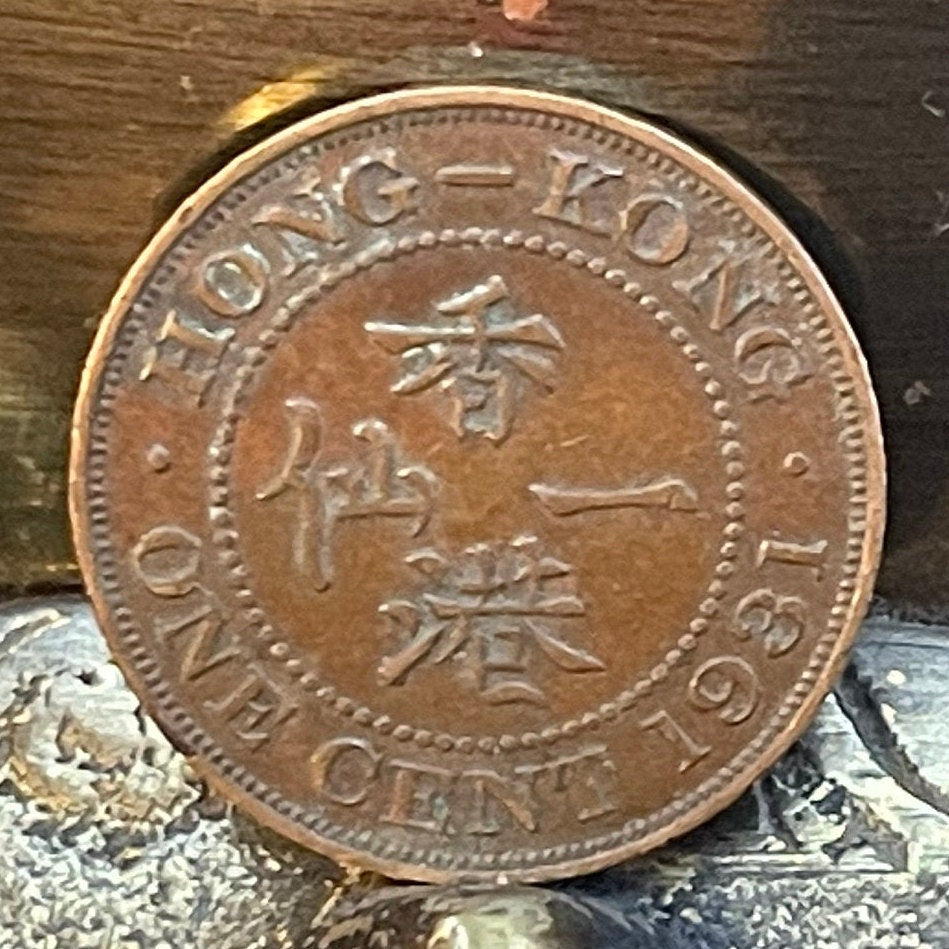
Rather nice coin. Filled a hole in my collection
Good
My thanks AGAIN to Elemintal for selling me an affordable, excellent condition, George V large penny!
Great service. Product as advertised.









